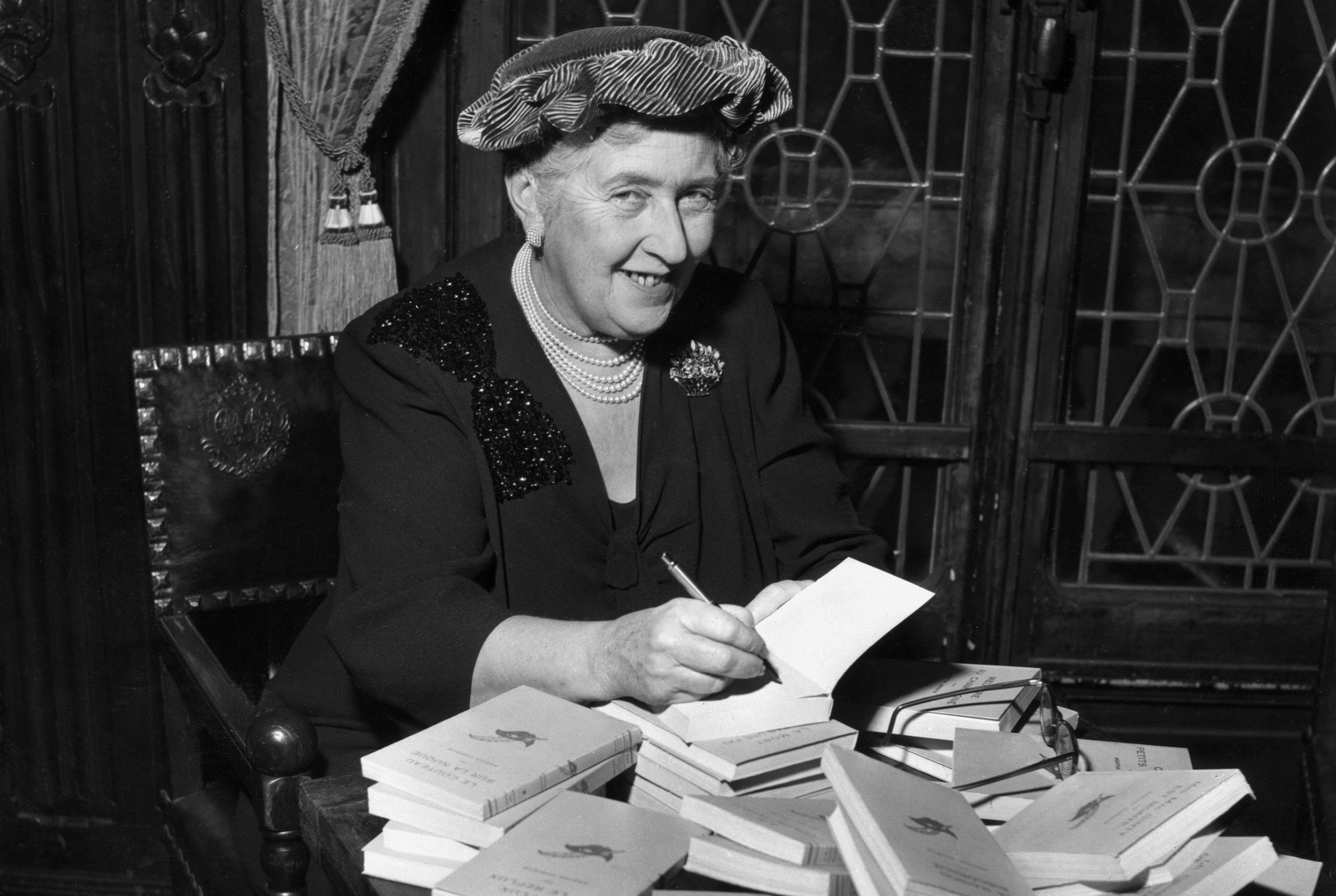
DESPITE living in a world that seems full of good crime writers, none can really match Agatha Christie.
We lost her on January 12, 1976, aged 85, but it’s fair to say she left us plenty.
Almost 70 detective novels, 14 short story collections, the world’s longest-running play The Mousetrap, many film versions of her stories and almost as many about the woman herself.
The Bible and Shakespeare have done pretty well in sales, but for novels, nobody gets close to the lady born in Torquay in September, 1890.
Judging by all the universal success that followed, it’s incredible to think Christie had to wait until after the Great War to get her first novels published.
By the Second World War, she was so popular that even MI5 kept a beady eye on her, especially after she named one of her characters Bletchley.
We all know now what was going on at Bletchley Park, but we didn’t back then, and MI5 suspected Agatha might have some spies of her own working on the inside.
It was only later that the truth came out, when she told a friend she’d come up with the name after getting stuck near Bletchley Park on a train — she gave its name to “one of my least lovable characters”.
There was a mystery in her own life, too.
Her first husband, Archie Christie, told Agatha in 1926 that he wanted a divorce.
Later, he stormed off to stay with his mistress, and it was at this point Agatha herself vanished into thin air, too.
Newspapers offered rewards to anyone who could find her, the Home Secretary pressurised the police, and over 1,000 officers got hunting, assisted by a further 15,000 volunteers.
Aeroplanes scanned the landscape for any sign of her, while Sir Arthur Conan Doyle gave one of Christie’s gloves to a spirit medium.
If she’d had a storyline like this for Poirot to deal with, we’d have found it really quite far-fetched.
In the end, thankfully, she was located at the Swan Hydropathic Hotel, Harrogate, registered as a Mrs Teresa Neele.
Two doctors said that she had no idea what had happened and had amnesia, while Agatha didn’t even mention the strange episode in her autobiography.
It has often been said that she suffered from depression brought on by overwork and the pressures of churning out one novel after another and simply needed a break.
She found long-lasting marital happiness with second husband Sir Max Mallowan, though, an archaeologist she met on a trip to Istanbul.
Agatha Christie died a couple of years before him, and left pretty much everything to daughter Rosalind — along with her countless amazing stories for the whole world.

Enjoy the convenience of having The Sunday Post delivered as a digital ePaper straight to your smartphone, tablet or computer.
Subscribe for only £5.49 a month and enjoy all the benefits of the printed paper as a digital replica.
Subscribe